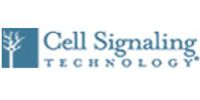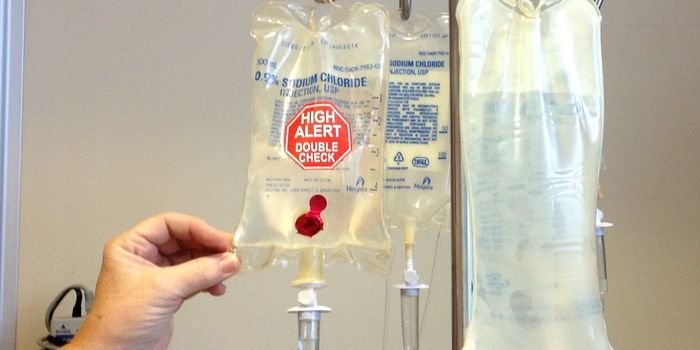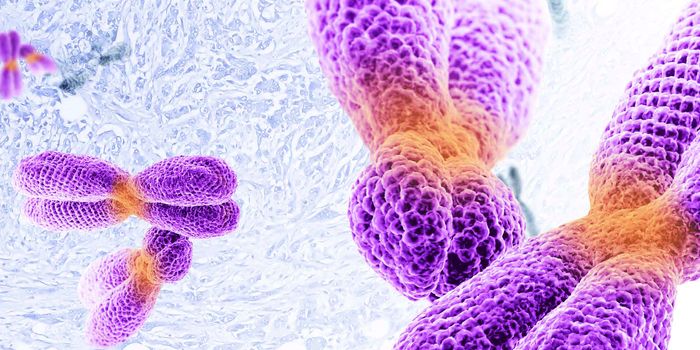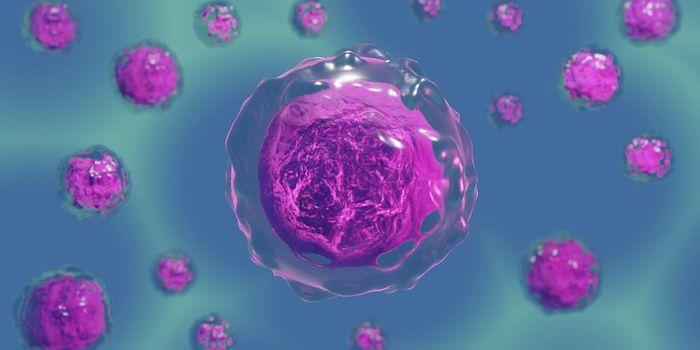Newly identified biomarker sheds light on antiangiogenic drug responses
A study published last week in the journal EMBO Molecular Medicine provides insight into the molecular mechanisms that trigger diverse responses to antiangiogenic drug therapies. Angiogenesis refers to the process in which new blood vessels are formed by tumors in order to provide them with the nutrients they need to prolong their growth. Antiangiogenic drugs work by inhibiting this process, yet they have been shown in previous investigations to be antagonistic in long-term usage. According to experiments conducted in animal models, long-term usage may actually increase the invasiveness of tumors, as well as cause more aggressive behavior.
The new study led by Dr. Oriol Casanovas from the Bellvitge Biomedical Research Institute (IDIBELL) and the Catalan Institute of Oncology (ICO) affirms that indeed, as previously thought, antiangiogenic drugs trigger diverse reactions in patients. "These results confirm the heterogeneous effects of antiangiogenic treatments, and how these can profoundly affect the natural progression of tumors and induce malignancy," explains Dr. Casanovas.
The study goes to further explain that such diverse reactions must be caused by heterogeneous molecular mechanisms. In order to test this, the researchers utilized multiple bioinformatics tools for genetic and molecular analyses, ultimately determining that a cell signaling pathway in the ALDH1A3 gene is responsible for the divergent response to antiangiogenic therapy.
One of the bioinformatic tools that confirmed these findings was the use of orthotropic mouse models that had had renal tumors biopsies from patients implanted in the mouse tissue. This served to reproduce the variability between patients and detect the factors of tumor evolution in order to identify the biomarker that allows for the discrimination between invasive and non-invasive tumors.
“. In specific tumors, antiangiogenics produced increased invasiveness and metastatic dissemination, while in others aggressiveness remained unchanged. Mechanistically, species‐discriminative RNA sequencing identified a tumor cell‐specific differential expression profile associated with tumor progression and aggressivity in TCGA RCC patients,” write the authors.
Referring to the implications of these findings, Dr. Casanovas comments: “In this study, we have identified a new biomarker capable of predicting whether a patient may benefit from antiangiogenic treatment. These findings may open the door to new targets and therapeutic strategies to suppress the malignancy of these treatments. "
Casanovas’s team collaborated with clinicians from the Hospital de Bellvitge, the Hospital de la Vall d'Hebron, and the VHIO to run these tests.
Sources: EMBO Molecular Medicine, Eureka Alert










